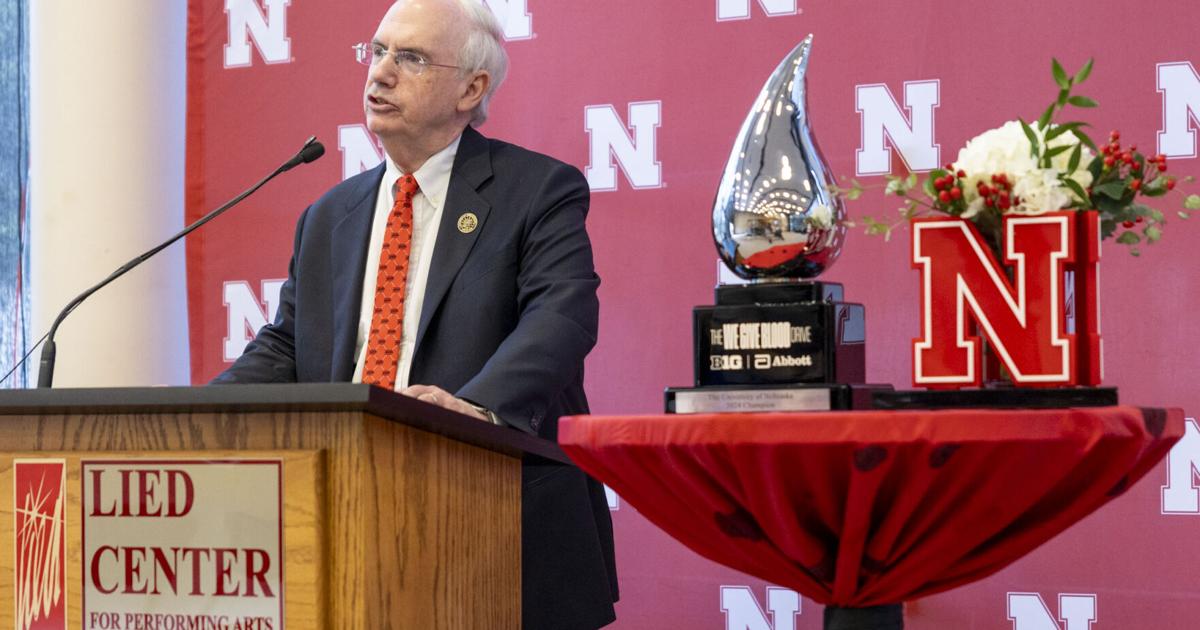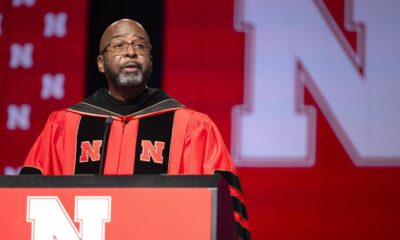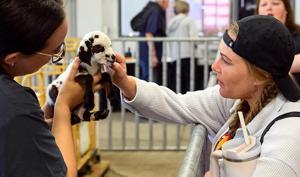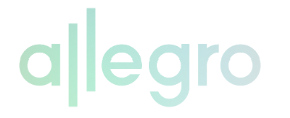Education
University of Nebraska-Lincoln Wins $1M to Enhance Student Health

The University of Nebraska-Lincoln (UNL) has turned its community efforts into a significant financial boost, winning $1 million as part of the “We Give Blood Drive” competition. This achievement, which involved collecting 20,000 units of blood, was part of a challenge against fellow members of the Big Ten Conference. The funds, provided by health care company Abbott, will be directed toward initiatives aimed at enhancing both the physical and emotional well-being of students.
Amy Lanham, director of UNL Campus Recreation, expressed excitement over the opportunity to creatively tackle essential issues affecting students. “This is our chance as a university to focus upstream — to use these funds to prevent problems before they become crises for our students,” Lanham stated. She emphasized that the funding will allow for innovative approaches to support students’ well-being.
Approximately $450,000 of the awarded funds will support three main initiatives. First, UNL plans to hire a full-time well-being coordinator dedicated to financial literacy. Many students, often navigating their first time living independently, face challenges such as budgeting for groceries, paying rent, and managing tuition costs. This new position, funded for an initial two years, aims to equip students with essential skills to address these issues.
“Students come to higher education not only to learn but to develop a growth mindset,” Lanham noted. “We want to help these folks be successful in achieving their full potential.”
In addition to this position, the funding will also support various student-led programs. Initiatives such as cooking classes, peer support training, and off-campus psychiatric services not covered by student insurance will be introduced soon. The third initiative will establish the Abbott Access Fund, designed to offer flexible financial support for students facing minor but impactful expenses throughout the academic year. Modeled after a successful program at Colorado State University, this fund will provide up to $120 to as many as 1,000 students to cover costs like transportation to the airport during holiday breaks or participation in group fitness activities.
Lanham explained the goal of the Abbott Access Fund is to address small challenges before they escalate into larger problems that could jeopardize students’ ability to remain enrolled. “It’s not a wide-open checkbook,” she clarified, “It’s an amenity they can ask for that would have a positive influence on their well-being.”
According to the “How America Completes College 2024” report from Sallie Mae and Ipsos, financial challenges, life changes, and mental health struggles are among the top reasons students contemplate leaving higher education. Specifically, 30% of students cited financial issues as a primary concern. UNL’s proactive approach aims to alleviate these pressures by offering direct support tailored to students’ needs.
In a survey conducted during the first four weeks of the semester, students often report experiencing financial distress, with many indicating they could benefit from assistance. For instance, a simple expense like repairing a flat tire could lead to significant stress and potentially impact their academic journey.
UNL will allocate the remaining $550,000 of the Abbott award to its Healthy Nebraska initiative and a new round of Student Health and Well-being grants, which are currently under review. Lanham stated that the university is exploring additional funding options to sustain these initiatives beyond the initial two years, seeking philanthropic contributions or grants that promote community health and well-being.
“We’re trying to think of every way we can ensure students have a positive experience,” Lanham said. “This is something tangible they can see and use.”
In an encouraging turn of events, UNL has the opportunity to compete again in the “We Give Blood Drive,” which will continue throughout the 2025 Big Ten football season, ending on December 5, 2025. Currently, Nebraska trails the University of Wisconsin in unit collection with a count of 2,292 to 3,221. Each pint of blood donated can save up to three lives, highlighting the community’s impact on public health.
“This isn’t just about recognition,” said NU President Jeff Gold. “It’s about showing up for others and continuing Nebraska’s proud tradition of service. Last year, Nebraskans made a difference in tens of thousands of lives. We have the chance to do that again.”
Community members are encouraged to participate in upcoming blood drives organized by the Nebraska Community Blood Bank. Notable events include a homecoming blood drive from September 29 to October 2, with several locations available for donations.
Through these initiatives, UNL aims to reinforce its commitment not only to education but also to the holistic well-being of its students, fostering an environment where they can thrive both academically and personally.
-

 Technology4 months ago
Technology4 months agoDiscover the Top 10 Calorie Counting Apps of 2025
-

 Health2 months ago
Health2 months agoBella Hadid Shares Health Update After Treatment for Lyme Disease
-

 Health3 months ago
Health3 months agoErin Bates Shares Recovery Update Following Sepsis Complications
-

 Technology3 weeks ago
Technology3 weeks agoDiscover 2025’s Top GPUs for Exceptional 4K Gaming Performance
-

 Technology2 months ago
Technology2 months agoElectric Moto Influencer Surronster Arrested in Tijuana
-

 Technology4 months ago
Technology4 months agoDiscover How to Reverse Image Search Using ChatGPT Effortlessly
-

 Technology4 months ago
Technology4 months agoMeta Initiates $60B AI Data Center Expansion, Starting in Ohio
-

 Technology4 months ago
Technology4 months agoRecovering a Suspended TikTok Account: A Step-by-Step Guide
-

 Health4 months ago
Health4 months agoTested: Rab Firewall Mountain Jacket Survives Harsh Conditions
-

 Lifestyle4 months ago
Lifestyle4 months agoBelton Family Reunites After Daughter Survives Hill Country Floods
-

 Technology3 months ago
Technology3 months agoUncovering the Top Five Most Challenging Motorcycles to Ride
-

 Technology4 weeks ago
Technology4 weeks agoDiscover the Best Wireless Earbuds for Every Lifestyle



















